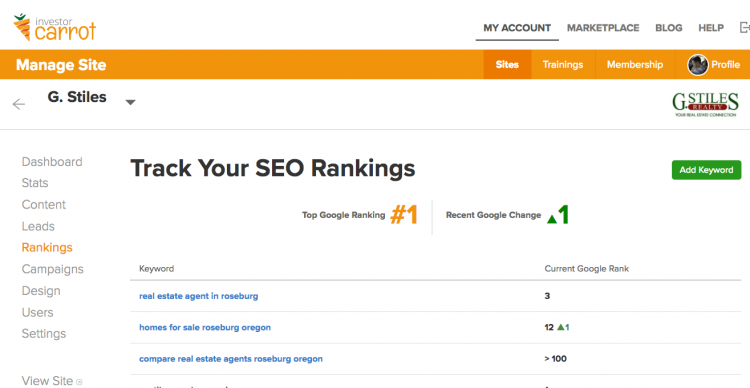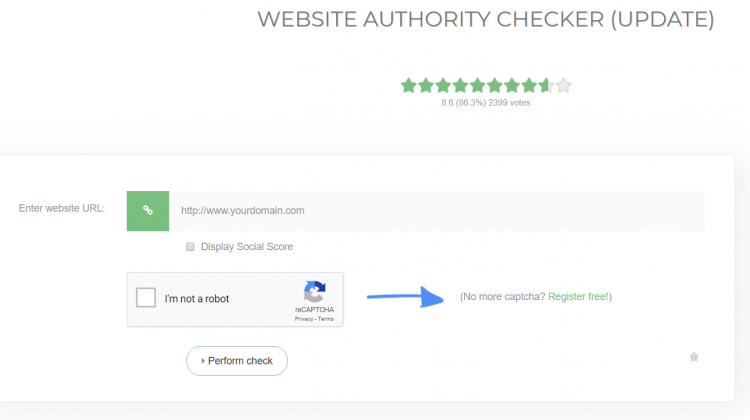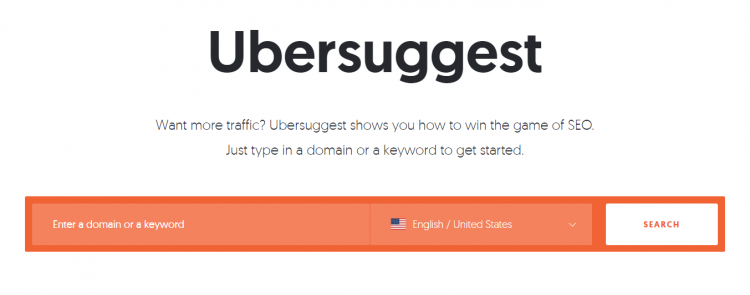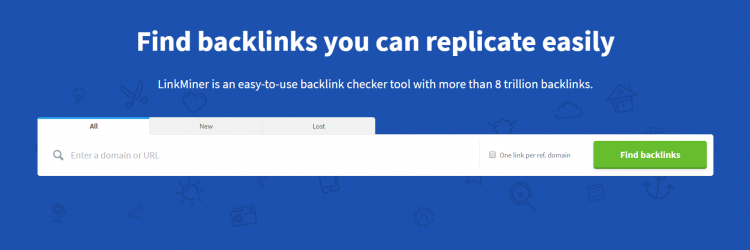SEO takes time.
Often, it takes at least 3 months to get a real estate website ranking on the first page of Google. And that’s if you consistently put the work in, creating content, optimizing that content, and targeting the best keywords possible for your business. Sure, it could take less than that or more than that depending on the density of competition in your market.
But the point is, you’re not going to see results overnight. You’re going to have to put in some work and exercise some patience.
(It will pay off, though, if you stick with it! Just see how SEO has completely changed Tyler Ford’s life)
And to make that process as painless as possible, saving you time and money, here are 9 tools you’ll want to use along the way.
9 SEO Tools For Improving Your Real Estate Website Rankings and Easy Tracking
1. Carrot Ranking Tracker
At Carrot, we optimize all of our websites to rank in Google. From the gate, we make our member’s websites wicked fast, fill them with quality sales copy, and build a tech stack meant to please search engines.
But that’s not all we do. We’ve also spent hundreds of man-hours creating SEO tools to make your (our member’s) journey to page one as easy and seamless as possible.
One of those fundamental tools we’ve created is our Carrot SEO Ranking Tracker. Wondering where your website is currently ranking in Google for specific keywords? With a Content Pro or Advanced Marketer membership, you can track your SEO rankings consistently and check in to see how you’re doing.
After all, what good is an SEO strategy if you don’t know whether it’s working or not?
2. Carrot SEO Tool
Another tool that we’ve created for Carrot members is our custom SEO tool. On any page or post of your Carrot website, you can go into “Edit” mode, enter the keyword phrase that you want to target, and our SEO tool will tell you everything you need to do to optimize the page to rank for that phrase.
Just go through this checklist whenever you’re editing a page or creating a new page and your SEO rankings will be in good hands. We couldn’t afford to have an SEO expert stare over your shoulder while you add content to your website, but this is the next best thing.
3. Domain Authority Checker
As you’re working to rank on the first page for a high-value keyword phrase, you’ll want to check in on your domain authority every now and again. This is a number (from 1 to 100) that ranks how much Google and other search engines trust your domain. The higher the number, the more authority you have in search engines (which means higher rankings).
Ideally, your domain authority will gradually increase as you put time and money into ranking your website. But this is often a slow process — and the older your website, the more that Google trusts it. This tool will also tell you how many backlinks you have to your domain, which is a nice piece of info to have at your disposal.
4. LSI Keyword Finder

When you’re writing content that’s meant to rank in search engines (whether it’s a sales page or a blog post), one of the most important optimization-elements is including the right keywords on your page — that way, Google knows what your page is about and where they should rank it.
(See point #5 for a keyword research tool)
And once you know your primary target keyword phrase, it’s also a good idea to sprinkle LSI keywords throughout your content. This tool allows to quickly and easily type in your target keyword phrase and find the LSI keywords related to that phrase.
5. Keyword Research Tool
This is one of my favorite tools for keyword research (I use it all the time). It’s completely free and it’s remarkably thorough. When you’re trying to determine what keyword phrase to actually target, there are a few things you need to consider…
- Competition — How competitive is the keyword phrase? How long will it take you to rank for it? The more competitive it is, the longer it will take to rank.
- Search Volume — How many people actually type in the given keyword phrase per month? If no one is searching for it, then it isn’t worth your time to rank for it.
- Intention — Why are people searching for the given phrase? What’s their intention? What do they want when they type that in? Can you give them what they want? If not, your time is probably better spent working toward ranking for a different keyword phrase.
Ubersuggest outright tells you competition and search volume for each keyword. For intention, you’ll need to draw some inferences based on the words within the actual search phrase. But this is a wonderful place to start your keyword research.
Or, we’ve done the leg work for you. Grab your free real estate keyword bible.
6. Backlink Finder
Another tool you can use to track the effectiveness of your SEO efforts is a backlink finder. The more backlinks you have to your website, the better that Google will rank you, generally speaking.
So long as those real estate backlinks come from trustworthy websites, Google will assume that you’re trustworthy and put you at the top of the rankings.
To determine how many backlinks currently go to your website — and where they’re coming from — you can use the above free tool.
7. Business Mention (Without Backlink) Finder
Finding where your backlinks are is one thing, but finding mentions of your business without backlinks is even more important.
Why?
Because when someone mentions your business but doesn’t include a link, you can reach out and ask them to remedy that by linking to your website atop your business name. Most online websites will agree without too much back-and-forth.
Of course, this tool only really applies to you if you have a well-known enough real estate business that other websites link to your website. If that’s you, then you can use the above tool — but it is a paid tool.
8. Quality Writing Analyzer
Good writing tends to rank better in search engines. Which makes sense — Google doesn’t want to rank content with terrible grammar and punctuation, since that often means the writer didn’t put much time into creating the content.
(and thus the quality probably isn’t very good)
To remedy that without being a pro writer, you can use a tool like Grammarly to quickly and easily check your writing for typos or grammatical errors and fix them before you publish.
9. Mobile Responsive Checker
Believe it or not, the majority of Google search happens on mobile devices — not on desktop or laptops. For that reason, Google actually prioritizes the domain authority and quality of the mobile version of a website before it does the desktop version.
This means that if your website looks great on desktop but terrible on mobile, your rankings are going to suffer. In today’s SEO climate, you must have a website that’s built for mobile and desktop — not one or the other.
You can use this tool to check whether your website adjusts to the device visitors view it on or not. All Carrot websites are optimized for mobile and desktop and tablet.









Good stuff Mike